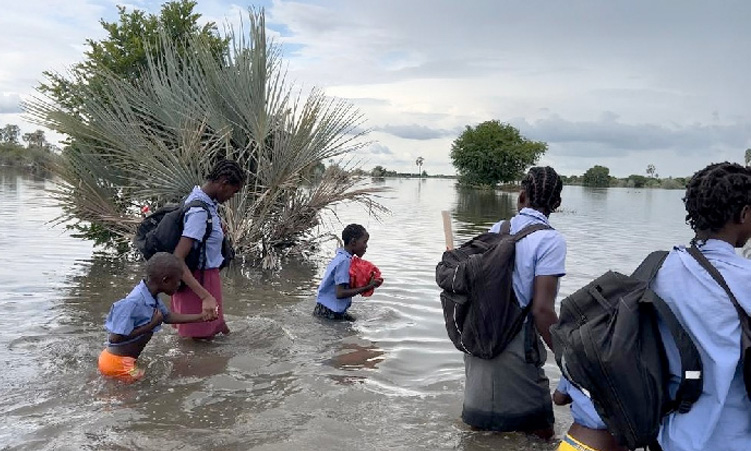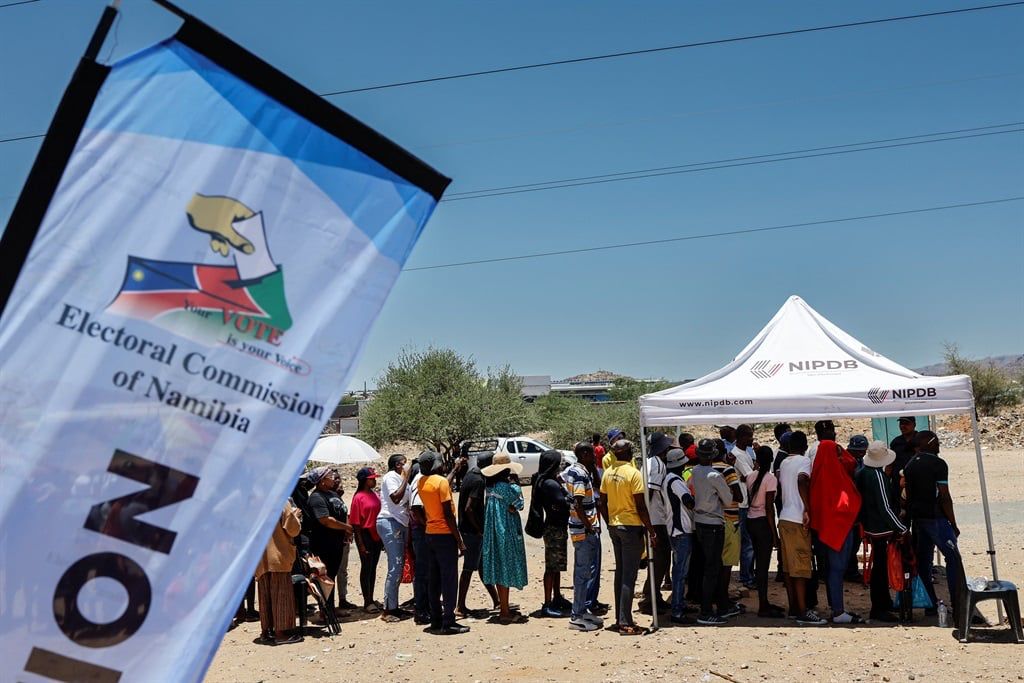Oil and gas exploration, an emerging sector in Namibia, is a naturally high-risk investment.
In addition, our country’s geology can make discovery difficult and expensive.
Companies can invest huge amounts of money in exploration activities and end up finding no feasible deposits.
As a result, the geological risk can be huge.
In January 2025, oil giant Shell wrote off its US$400 million Namibian offshore oil exploration because of its lack of commercial viability.
In the same month, Chevron reported it had failed to locate economically viable oil at its Orange Basin exploration.
This emphasises the risk and unpredictability of oil exploration, which the Namibian government cannot afford.
There are also other financial risks: Oil projects require huge capital investment with long development time frames before actual production starts.
Investors always seem to live in the shadow of price volatility – global oil markets can suddenly shift, rendering projects unfeasible.
Coupled with this, any political landscape inherently holds political risk.
Priorities can shift and regulatory environments may change in ways that alter how industry operations are conducted.
Operationally, tough environments like Namibia require advanced technologies and expertise.
INTERESTS AND AGREEMENTS
Namibia’s government plays a pivotal role in regulating its oil industry.
In terms of the Constitution, all natural resources, including petroleum, “shall be owned by the state”.
It exerts this ownership through the government, the ministry of mines and Namcor.
The government has adopted a national model to ensure industrial development in partnership with international oil companies (IOCs).
These are developed through licencing rounds whereby companies get the rights to explore and produce.
Whereas IOCs take financial and technical risks in exploration, the state retains regulatory authority and often participates in projects through minority stakes held by Namcor.
This twin approach allows the government control of the resource while drawing on the expertise and investment capability of IOCs.
Further, Namibia’s legal environment is particularly guided by the Petroleum Act of 1991, which controls the exploration and production of oil.
On the other hand, interested companies are supposed to operate under set licencing terms that define their responsibilities on environmental standards, local content and government revenue arrangements.
Another important instrument through which resource wealth is controlled is a country’s fiscal regime.
Examples include royalties and corporate taxes.
Through both mechanisms, coexistence with the state and good value capture occur from petroleum activities.
Taxes and royalties allow an immediate stream of revenue to a government; royalties allow a stream to the state of profits derived from commercial activities.
WHOSE OIL IS IT?
The environmental harm of oil exploration and production is a priority for Namibia.
Most oil activities are in or near ecologically sensitive areas, hence having a potentially negative impact on biodiversity and natural habitats.
Extraction without responsibility results in pollution, habitat destruction and long-term ecological damage.
In Namibia, the legal framework focuses on limiting environmental risks: Companies are required to conduct Environmental Impact Assessments, as well as observe best practices on operational safety and waste management.
While the Constitution clearly sets out that oil ownership rests with the state, this resource is exploited by private commercial actors.
The fact is that such ownership has to be translated into real benefits through a well-managed process: Effective management, strategic partnerships and strong legal and environmental frameworks.
If each of these factors is handled thoughtfully, Namibia has the potential to use its oil resources as a driver for sustainable economic development.
- Edward Shati is a Chevening scholar at the University of Aberdeen, pursuing his masters in energy economics and law. This article represents his own opinions.
Stay informed with The Namibian – your source for credible journalism. Get in-depth reporting and opinions for
only N$85 a month. Invest in journalism, invest in democracy –
Subscribe Now!










